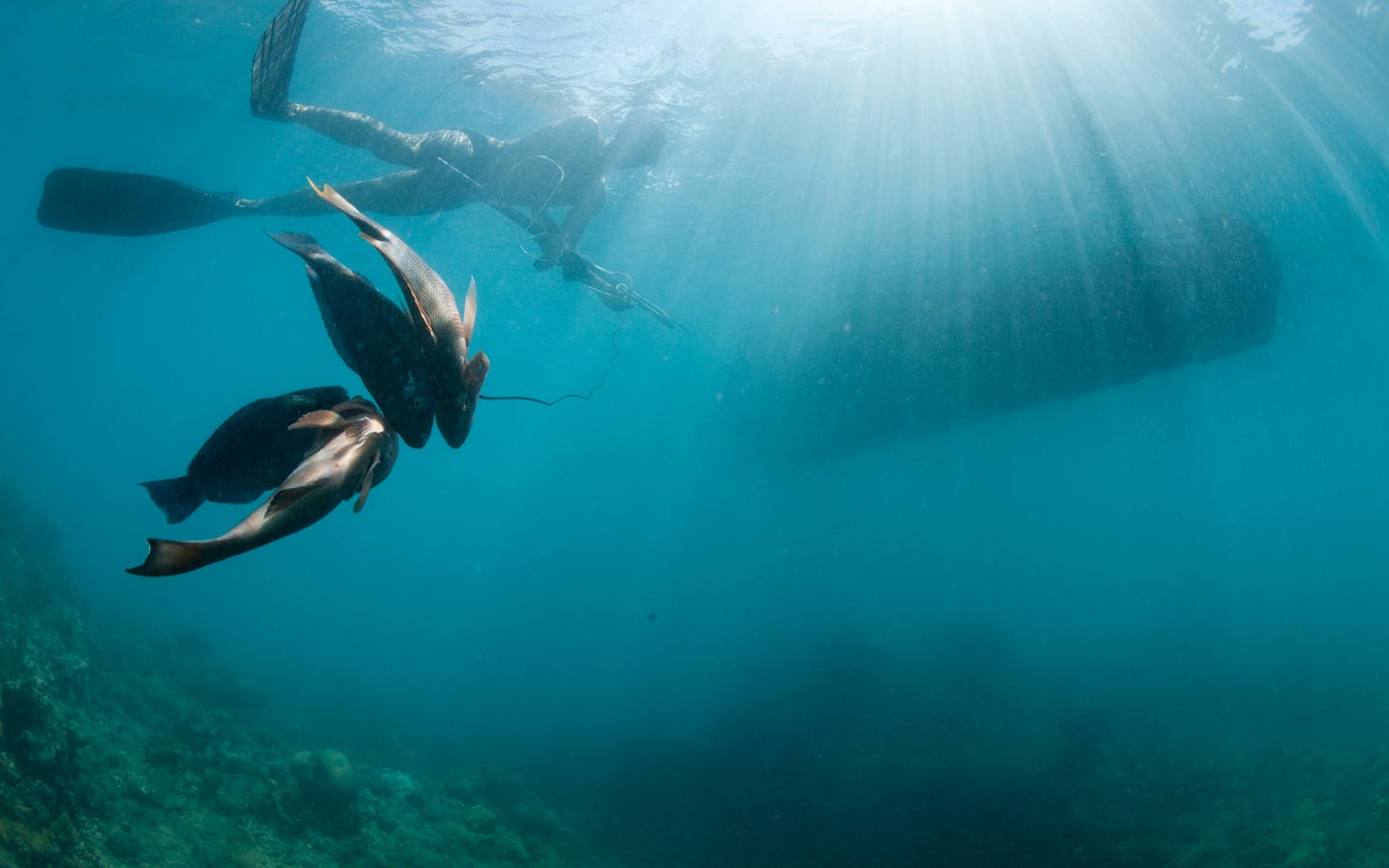The Surinamese waters for example are home to 11 whale species, dolphins, manatees, manta ray, whale sharks and many more. The beaches are highly important nesting areas for leatherback, hawksbill, green and olive Ridley turtles. Also, Suriname harbors very productive fishing waters and pristine, untouched mangrove fringes. Yet there are numerous threats to these habitats — climate change, inappropriate coastal land use, over fishing, limited safeguards for oil extraction, and upstream watershed contamination. We aim to address these threats by working toward sustainable development in the country’s coastal and marine areas. Suriname’s marine and coastal natural resources are managed through an adaptive and inclusive multi-actor ecosystem-based approach for sustainable and resilient coastal societies.

Climate resilience and ecosystem-based adaptation
Together with Anton de Kom University, Conservation International Suriname is protecting and restoring the mangrove habitat at the Weg naar Zee (Road to Sea) area, for coastal protection through sediment trapping techniques. By ensuring mangrove goods and services with our “Building with Nature” program, we aim to provide the Government of Suriname with a serious alternative for solutions to protect the inevitable threat of sea level rise that the coastal zone of Suriname faces. 80% of Suriname’s population lives in the coastal zone.

Improving small-scale fisheries in Suriname
To improve food security and human well-being, Conservation International Suriname is supporting sustainable and responsible small-scale fisheries. Our fisheries program is focused on improving artisanal driftnet fisheries to sustainable levels, eventually reaching the sustainability standards/ requirements of certification such as Fair Trade or the Marine Stewardship Council (MSC). This done through a Community Fisheries Improvement Project – a so called CFIP.

